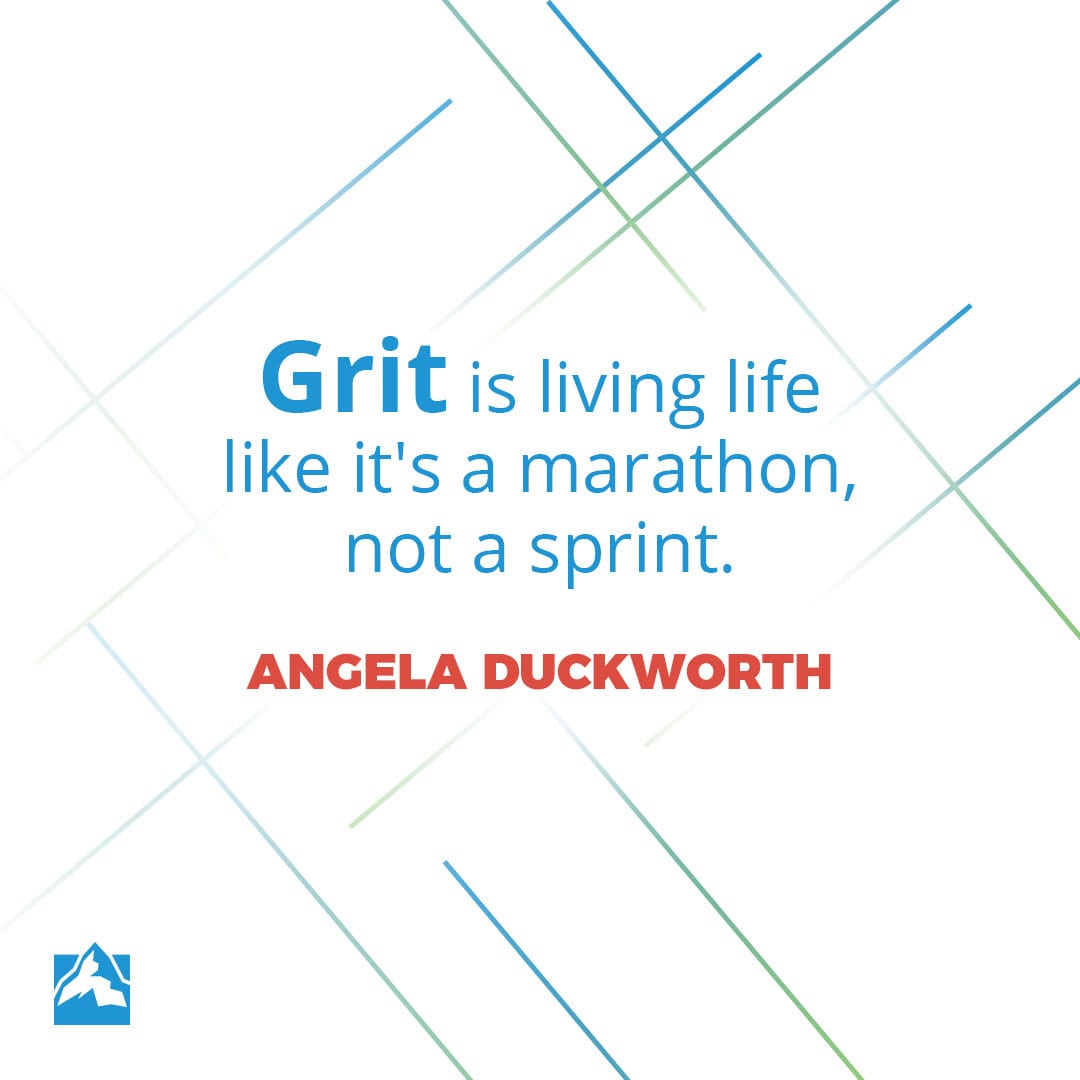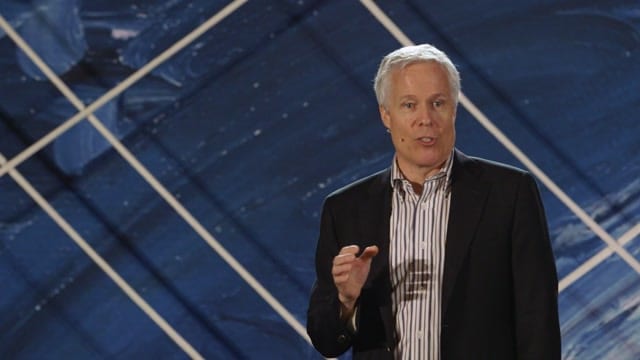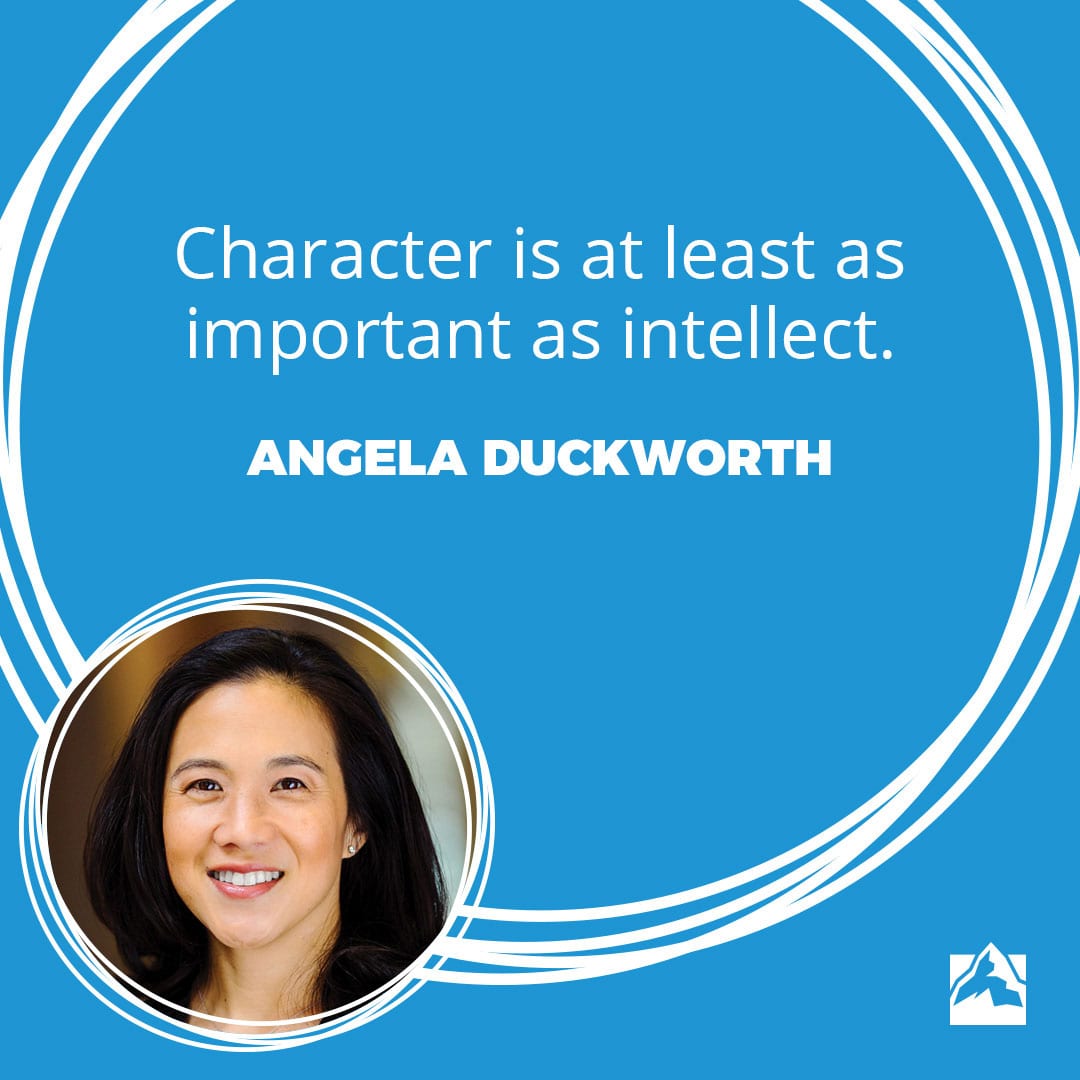
This week I was talking with a friend about two employees he had hired recently.
One of them he was really excited about. My friend thought this was exactly the right person and couldn’t wait for him to get to work and make the entire organization better.
The other one was simply ok. My friend found himself skeptical that she would ultimately work on in the long term.
Then something interesting happened—the one my friend wasn’t excited about began to excel. And the one my friend thought was fantastic? Well, he was just days away from having to fire him. Wow! What happened??
If you’ve been in leadership for any length of time…whether it’s with paid employees or volunteers…you can probably relate to this scenario. You’ve probably lived it out more times that you care to share. I know I have! Not only is it frustrating, it also costs organizations a lot of money each year.
I’m sure there’s more than one thing to blame each time this happens, but if you’ll allow me a little latitude, I would submit this often happens because we haven’t fully grasped the truth that I.Q. doesn’t matter as much as E.Q. The data has been around since 1995, but we still hire like it’s 1994.
Let’s be honest—we are taught as we pursue degrees how to interview and hire using I.Q.-based questioning and testing. It’s easier to discover if someone has a high I.Q.
I believe that the better we get at checking for E.Q, the better we will become at hiring employees and recruiting volunteers. And that saves time and money for our organizations.
Imagine it – if you could increase the success of the people you hire, you would immediately cut down on marketing costs when a position becomes open. You would cut down on training costs because you’re training fewer people, and you would cut down on everyday costs because your employees stay longer, are happier, provide better service to your customers and work harder than someone who isn’t the right fit.
So, here are 4 Interview Questions to Assess a Person’s E.Q.*
1) Tell me about a time when you were upset with a customer or co-worker and how you handled your emotions in that moment.
This question assesses a candidate’s Self-Awareness—their ability to accurately perceive emotions and stay aware of them as they happen.
2) Tell me about a time when you were nervous to try something new and how did you channel those nerves to do a good job.
Use this question to determine a candidate’s Self-Management—their ability to use awareness of emotions to stay flexible and positively direct their behavior.
3) Tell me about a time when you noticed or sensed that a coworker or a volunteer was upset even when they didn’t express it to you. Then, what did you do with that information?
This question will give you insight into a candidate’s Social Awareness, their ability to accurately pick up on emotions in other people and understand what is really going on.
4) Tell me about a time when you came into work upset about something at home and had to interact with another person who was also upset. How did it go and how did you not allow what happened at home to affect your attitude at work?
This question gets to a candidate’s Relationship Management, their ability to use awareness of emotions to manage interactions successfully.
The answers to these questions won’t give you a 100% success rate when hiring candidates or recruiting new volunteers. And you don’t need to use them word for word. But, I hope you can see how these questions can get you closer to discovering another’s person’s E.Q.
Because, it matters.
If you can get better at spotting employees with high E.Q., it will save your organization time and money!
* These categories are outlined in Emotional Intelligence 2.0 by Travis Bradberry & Jean Greavesl.












Recent Comments